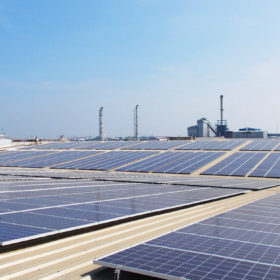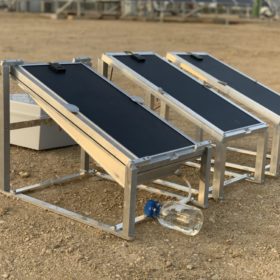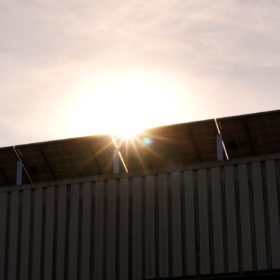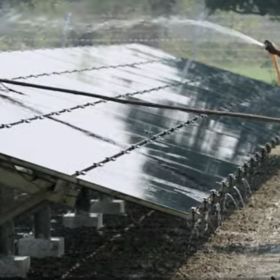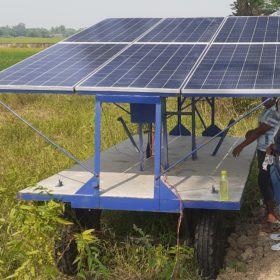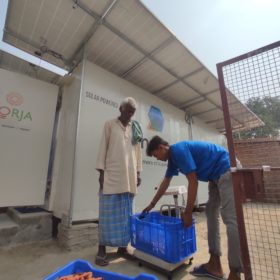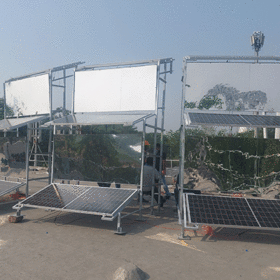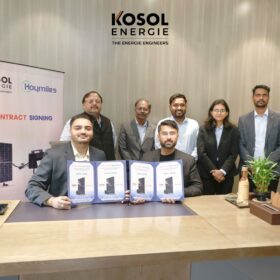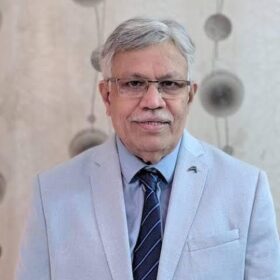Irena fleshes out chilling effect of Covid on off-grid solar
The clean power numbers published annually by the International Renewable Energy Agency provide a snapshot of the global solar market and, this year, a lot of figures were unchanged from the previous dataset, especially in the off-grid segment.
Himachal Pradesh to empanel rooftop solar installers, Madhya Pradesh tenders 440MW under PM KUSUM
March 24 is the last date to submit bids for setting up grid-connected rooftop solar systems on domestic, government, and other buildings in the State of Himachal Pradesh. Madhya Pradesh has invited solar power developers to implement an aggregate 440MW (AC) of grid-connected solar PV systems under component A of PM KUSUM scheme.
Fully PV-driven system to produce water, electricity, crops
Researchers in Saudi Arabia have fabricated an integrated fully PV-powered system to extract fresh water from the atmosphere. The system uses excess heat from the solar modules to evaporate and condense water that can then be used to grow crops. Part of the water is also used to cool down the solar modules through an active cooling technique.
Goldi Solar to solarize an entire village in Gujarat
The Gujarat-based solar panel manufacturer and EPC services provider has been chosen by Shree Ramkrishna Knowledge Foundation to set up 450kW of solar rooftop projects to power around 350 houses and public areas in the village of Dudhala.
Rollable CIGS solar modules from France
French start-up Solar Cloth is planning to scale up capacity at its module production facility near Cannes. The factory will produce 17.6%-efficient flexible solar modules integrated into textile supports.
IIFL Home Finance signs $68 million loan agreement with ADB
The funding is aimed to boost women’s access to affordable green housing in India. It includes up to $58 million direct loan by the Asian Development Bank and a $10 million concessional loan by the Canadian Climate Fund for the Private Sector in Asia.
Husk Power Systems secures largest-ever debt finance for solar microgrids in rural India
The Bihar-based rural clean energy services provider has received US$4 million from India Renewable Energy Development Agency (IREDA) to construct 140 microgrids in the states of Uttar Pradesh and Bihar.
Mobile solar pumping system deployed in remote areas
Researchers at the Indian Institute of Technology Bhubaneswar have developed a solar power system that can be easily moved between farms to pump water for irrigation. The kit comprises solar panels and an inverter to power a surface-mounted pump.
MNRE notifies framework for promotion of distributed renewable energy-based livelihood applications
The framework will guide the state-level and central government ministries and other stakeholders in formulating schemes and programs for the promotion of distributed renewable energy-based livelihood applications.
Portable, space-saving solar towers
Researchers at the Indian Institute of Technology Delhi have developed solar towers that can be moved from one place to another and can generate 20-30% more power while requiring only 50-60% space compared to conventional mounting setups.

